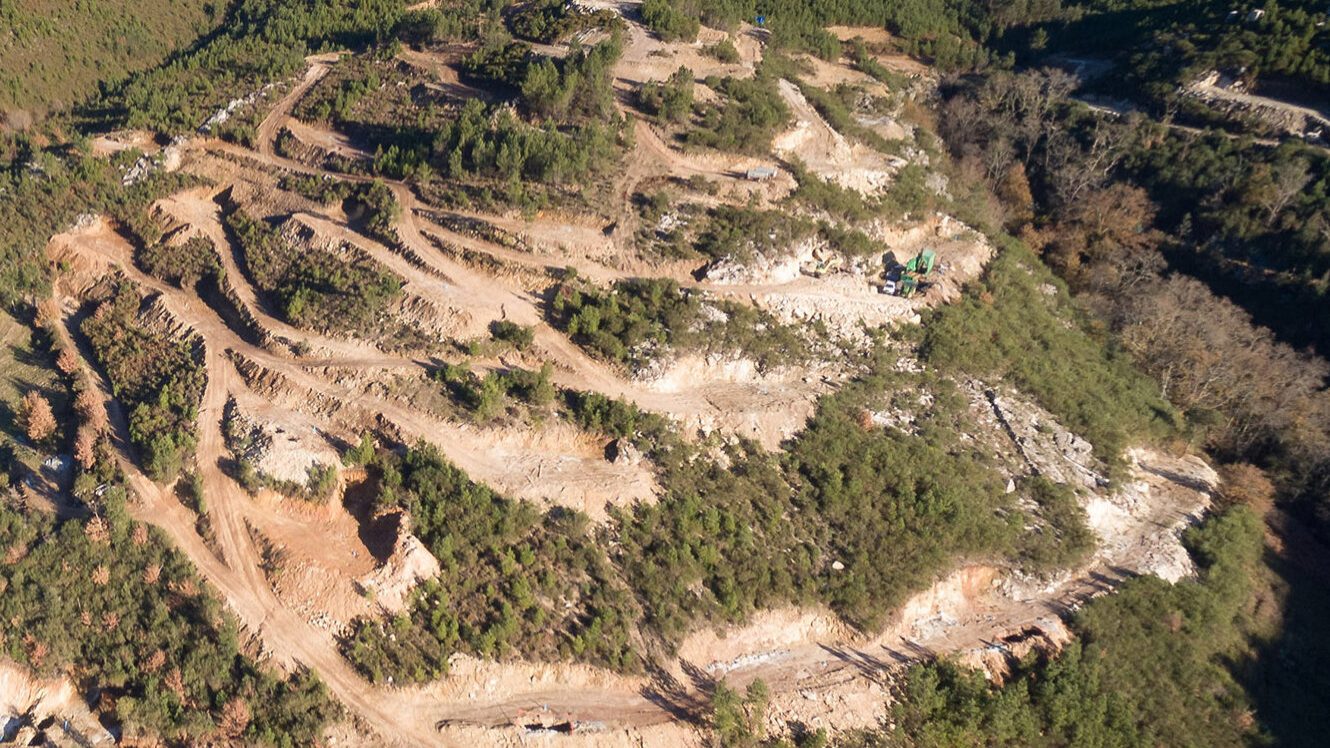Spanish interest in Africa on the up in face of Portugal’s passivity – analysts
The neighbouring country's interest in Africa is increasing at a time when analysts feel that the Portuguese government is somewhat passive.
The Treaty of Tordesillas seems to be buried and Spain’s interest in Africa is increasing in the face of Portugal’s passivity, as evidenced by the visit that Spanish Prime Minister Pedro Sánchez is due to start on Wednesday, analysts said.
Sánchez recently presented an investment plan for Africa in Madrid, which he will this week explain in Angola and Senegal, on a visit that runs from Wednesday to Friday, highlighting Spain’s interest in the continent, at a time when businesspeople and analysts feel that the Portuguese government is somewhat passive.
“This visit by the Spanish prime minister, focusing on Angola, is a clear sign from Spain of support for Spanish businesspeople working in these African countries and a clear incentive for more businesspeople to focus on the African market. The Portuguese government has been less active in this aspect,” Bruno Bobone, chairman of the Portuguese Chamber of Commerce and Industry (CCIP) told Lusa.
Tiago Ramires, a Portuguese researcher working in the international relations department at the University of Santiago de Compostela, refers to the Treaty of Tordesillas signed in 1494 between Portugal and the crown of Castile to divide the lands “discovered and undiscovered” by both kingdoms outside Europe, giving primacy to Madrid on the American continent and primacy to Lisbon on the African continent.
The Portuguese researcher recalled that Spain has had several diplomatic problems with South American countries, highlighting the episode in 2019 in which two Spanish diplomats were expelled from Bolivia, accused of helping members of a former Bolivian government.
At the same time, Madrid’s focus on other regions in the southern hemisphere is intensifying, as evidenced by a statement by the Spanish prime minister, when he said that “this will be Spain’s decade in Africa,” when presenting his government’s action programme at the Moncloa Palace at the end of March.
“Portugal has shown that it wants to continue to play a relevant economic role in Africa. The problem is that of the 9,000 companies that export to Angola and of the many that seek to make direct investment in that country, few have shown the resilience to withstand the difficulties of that strategy,” explained Sofia Gomes, a market analyst and lecturer at the University of Porto.
An example of Portugal’s interest in Africa is the prominent way in which António Costa’s government has promised to put relations between the EU and African countries on the agenda for the presidency of the Council of the European Union.
However, she explained, when looking at the figures for relations between Portugal and Angola, although the trade balance is in Portugal’s favour, the difference has been decreasing and estimates are for a balance, which shows that the Portuguese investment strategy in Africa may not be having an effect.
On the other hand, the diplomatic focus between Spain and Africa has accelerated and Tiago Ramires noted that when the former Angolan president, José Eduardo dos Santos needed medical treatment in the last years of his life, it was in a Spanish clinic that he sought help.
Gomes also pointed to Galp’s energy investments in Angola as a sign of Portugal’s continued economic interest in Africa, explaining that the company’s stake in Petrogal Angola and Sonangalp (in partnership with Sonangol) were above all a sign of the political will for cooperation between the two countries.
But here too, the legal cases surrounding Isabel dos Santos’ actions have called into question this collaboration between Galp and Sonangol, namely through the Angolan company’s stake in the Portuguese company through Amorim Energia, which is now in question after news reports of a possible break-up scenario.
Spain has been following this situation closely and there are also many interests of Spanish energy companies in Portuguese-language countries such as Angola and Mozambique, although in the latter country the insecurity caused by terrorist attacks in the north are worrying several European companies, Sofia Gomes noted.
Another example of Spanish affirmation in Lusophone Africa is Equatorial Guinea, explained Tiago Ramires.
Although this country is part of the Community of Portuguese Speaking Countries (CPLP), it was recently one of the promoters of the use of Spanish as a working language in the African Union.


